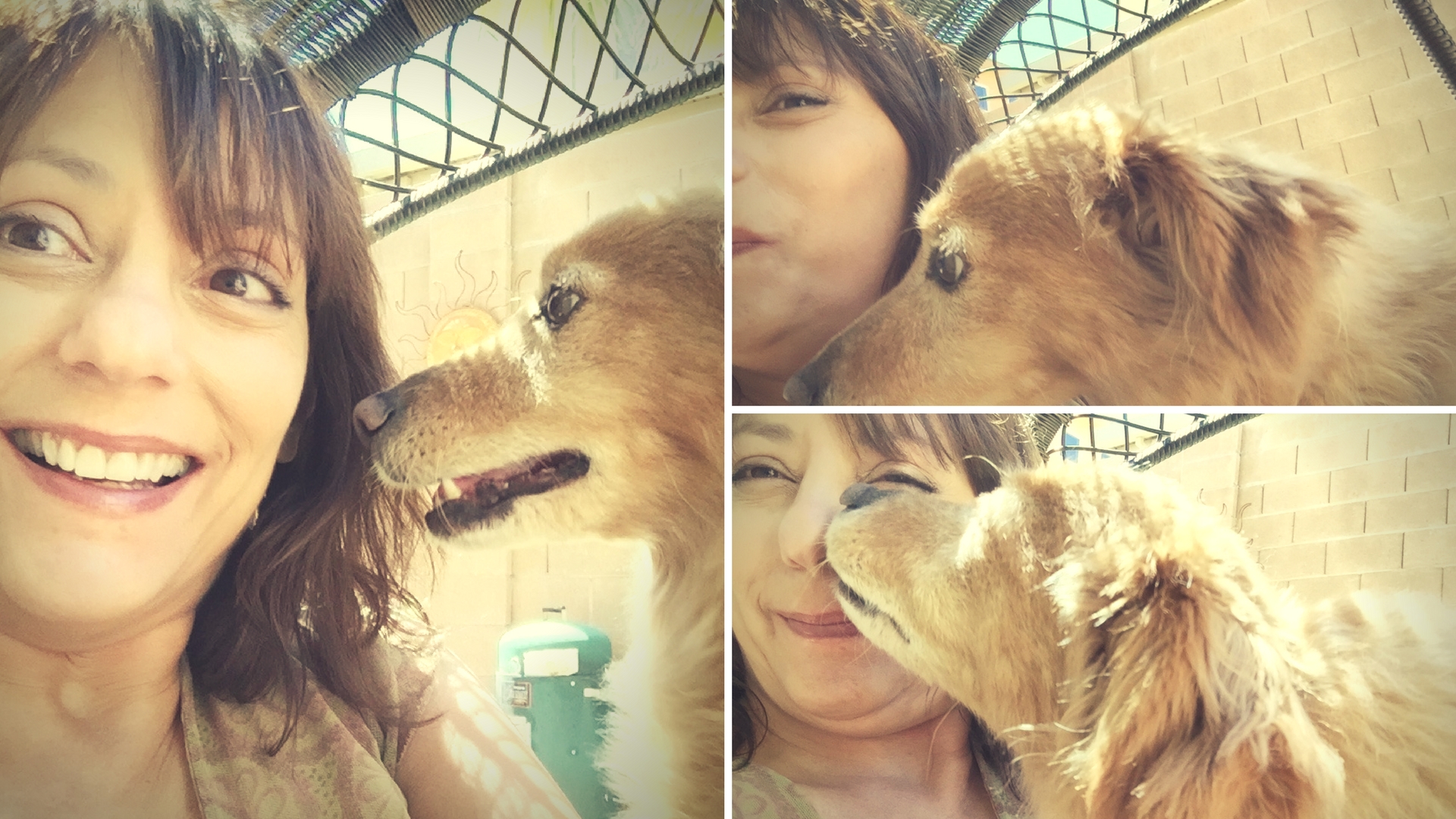Did you overeat on vacation? Worried that you’ll weight gain during upcoming travel?
 If your waistband is tighter than usual after vacation, join the club. Although you may have eaten more than usual during your travels, it’s totally normal to overeat sometimes. And tight waistband aside, it’s pretty difficult to gain much real weight during a typical one-week trip. Some of that bloated feeling is likely water retention due in part to high-sodium restaurant meals. This is not permanent.
If your waistband is tighter than usual after vacation, join the club. Although you may have eaten more than usual during your travels, it’s totally normal to overeat sometimes. And tight waistband aside, it’s pretty difficult to gain much real weight during a typical one-week trip. Some of that bloated feeling is likely water retention due in part to high-sodium restaurant meals. This is not permanent.
Large restaurant portions, oversized umbrella drinks, and a sense of “what the hell, it’s vacation” aside, your body actually has some protections against the increased food intake. Yes, even deep fried candy bars. Your body likes to keep your weight within a 10-20 pound setpoint range, and will even boost your metabolism when you have gained a few pounds – all in an attempt to keep you within your acceptable weight range. Note: “acceptable weight range” is your body’s decision, not yours. So rather than weighing yourself immediately when you return from vacation (or better yet, give your scale the permanent heave-ho), give your body time to readjust after vacation. You’ll find that your weight will probably go back to what it was before you left town.
Even though your body resists long-term weight gain associated with one vacation, you may want to avoid the heavy feeling that comes with overindulging during your adventures. Here are some tips to help prevent vacation overeating.
1. Lose the “gotta get it while I can” mindset.
Yes, eating local delicacies is part of the fun of travel. But too often, the belief that you have to partake in All the Special Food leads to feeling overfull and sluggish. Rather than treating each meal like it’s the last time in your natural life you’ll be able to eat something delicious, appreciate that each meal gives you a chance to choose something that hits the spot at that moment. It is okay to not eat lobster every meal when you’re in Maine, although my husband would disagree.
2. Remember, it’s about enjoyment.
Having a free-for-all around food, even if only on vacation, easily leads to physical discomfort from overeating. It can also make you emotionally uncomfortable with feelings of regret, guilt, and believing you lack willpower. Honoring your hunger and satiety will boost your enjoyment of your meals by reducing the physical and emotional discomfort (guilt) that comes along with overeating. Even for iconic foods (think Philly cheesesteaks or New Orleans gumbo), stuffing yourself with extra food doesn’t give you extra enjoyment. In fact, there’s an inverse relationship between amount of a food eaten and pleasure. Each bite gives a little less enjoyment than the bite before. This is known as habituation.
3. Pay attention to your own experience.
Most of us travel with friends, family, or coworkers. However, we tend to eat more when we’re with other people. People pleasers are affected even more, according to a 2012 study. What can you do? Keep an internal focus on your own experience. Observe your hunger or satiety level. Order foods that are appealing to you, regardless of what others are ordering. Be mindful: pay attention to the food’s texture, aroma, and visual appeal. A little bit of awareness can go a long way to prevent you from mindlessly matching the pace of your dining companions.
4. Keep the big picture in mind.
Maybe you had intentions of being “good” while you traveled, but those intentions bit the dust the instant you saw/smelled the Cinnabon kiosk at the airport. No sweat. Even if you eat way more while on vacation than you normally would, remember that your body will adjust to accommodate this short-term increased intake. It becomes a problem when you decide you’ve blown it, and you continue to eat beyond your body’s cues when you return home. Black and white thinking can not only induce you to keep overeating once you return home, it can lead you to eat even more on vacation than you otherwise would.Any time you have a thought like “I blew it,” it sets you up to have a food frenzy. But keep in mind that in the big scheme of things, the time you spend on vacation is a little blip of time. So eating a bit more as you travel, and not worrying about atoning for it later, is more beneficial than seeing eating on vacation as a sin that you need to do penance for when you get home.






